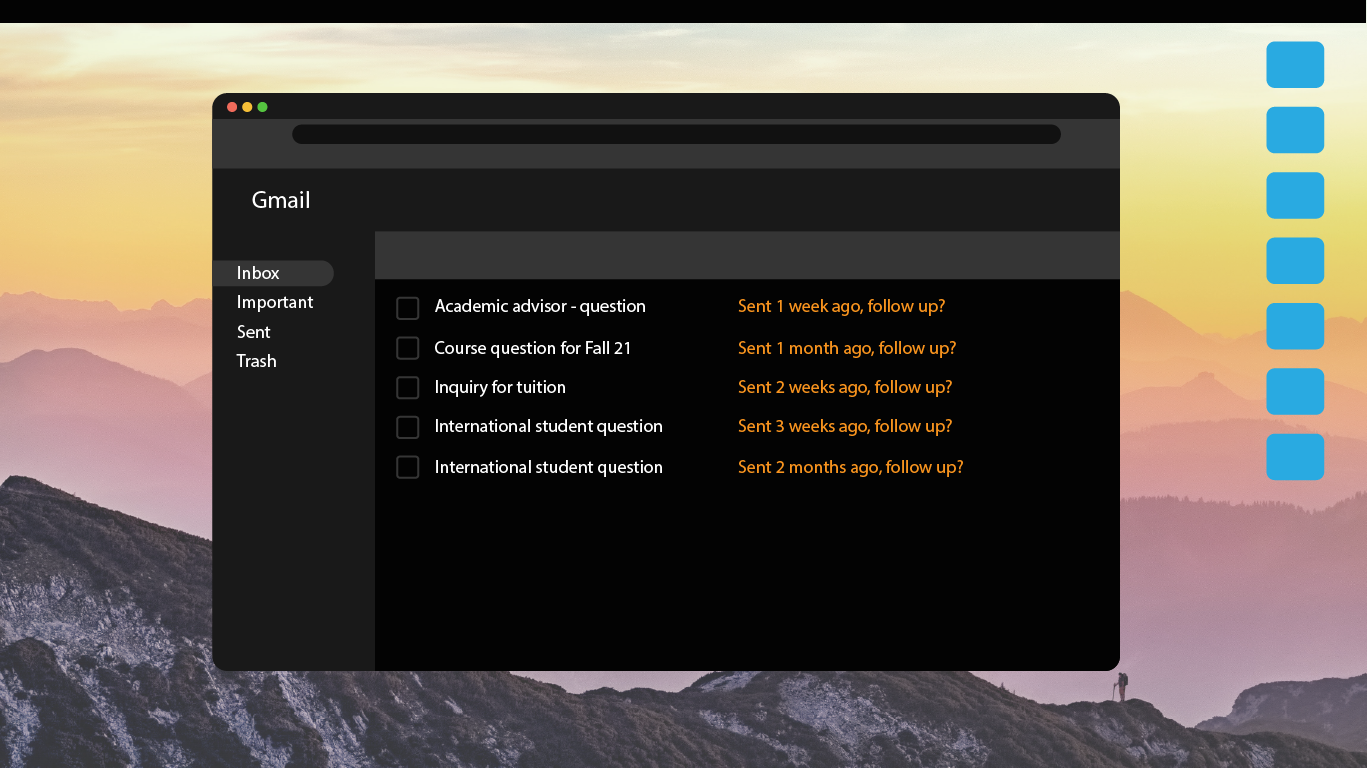How students feel towards their advisors, and the University’s response
At Concordia, the main way for students to communicate issues regarding their academics is through their advisors. From faculty to faculty, their roles and qualifications will defer, but they all generally have the same responsibilities: to help students through any academic hardships.
Mainly, one will reach out to an academic advisor when facing scheduling problems, registration problems, or even problems with a professor. Oftentimes, advisors are advertised as a helpful tool for students, and make communication between the administration and Concordia’s 45,000 students easier.
A statement from the university to The Concordian highlights that, “Advisors at the department level may be administrative staff, or faculty members who undertake academic advising responsibilities in addition to their teaching and research portfolios.”
However, there has been lots of criticism directed toward the advisors. In particular, on Facebook student pages, there have been many memes and posts talking about the lack of student support.
Per department, there are approximately half a dozen advisors per faculty. For example, the Arts and Science Faculty has over 19,000 students, and six advisors. This would mean that on average, each advisor is responsible for 3,000 students. These advisors would be a part of the Student Academic Services.
According to the Concordia website, the Arts and Science advisor’s role is to, “recruit, counsel and guide students from the time of their application to admission into a program in the Faculty of Arts and Science, until completion of the program.”
Lucy Neubacher is a second year student at Concordia University, studying Anthropology and Sociology under the Arts and Science Faculty (ASF) umbrella. She has reached out to academic advisors on two separate occasions, and both times was left with more questions than answers.
She says, “First year, I had reached out to my academic advisor a couple times, and every time I was just getting very broad answers, nothing really answered my questions.”
This year, when there was a communication issue with one of her professors, Nubacker hoped to speak with an academic advisor in hopes of resolving the situation.
“Because [my professor] is the head of the department, I didn’t have anyone else to complain to about him. So I thought reaching out to my academic advisor would be worth it.”
When she finally got in touch with her advisor, she only received a link to the Concordia website, which did not help her.
“I didn’t know who else to talk to, I was really opening up to [the advisor] about, you know, my struggles and what I wanted to do. And the academic advisor just sent me an email saying ‘sorry to hear that here’s a link if you need help.’”
Academic advising at Concordia is structured in many different ways, depending on the faculty. The university’s statement explains, “Each faculty has its own advising structure with some having a mix of department level advising and Student Academic Services advising while others have a more centralized structure.”
The first advising method would apply to the ASF, while the John Molson School of Business (JMSB) has a more centralized approach.
“Advisors and the Student Academic Services provide academic advising on a broad range of topics, while department advisors (often called program advisors) can guide students through the requirements for undergraduate programs (such as course sequences, registration and substitutions),” read the statement, about the first advising approach.
For JMSB, their advising takes place in the Undergraduate Student Affairs Office.
“Students only have to go to that office to get all of the academic advising they need for their academic program. John Molson advisors are professionals who support students from the time they are accepted to the school to graduation.”
A JMSB student, who wishes to remain anonymous, explained that in his case, academic advisors helped him during registration. He says, “For me, personally, they’ve been very helpful … [An advisor] actually helped me last semester, in getting me in touch and directing me, because I wanted to register for this course that was restrictive, that you needed certain prerequisites.”
“I don’t think the advisors are to blame. It’s the administration at Concordia, who haven’t prepared properly, given that everything has shifted online. They still have one advisor for a thousand students. And obviously students have more questions, because it’s more confusing now.”
Since the pandemic began, there has been an increase in requests for advising.
But the Central Advising Working Group (CAWG), established in late 2018, aims to “champion effective academic advising service to students through sharing best practices, increasing engagement between staff who support students, providing support to advisors, and addressing areas for improvement within academic advising at Concordia. The group’s work is ongoing and looking at ways to improve undergraduate student academic advising.”
Hopefully, the CAWG will be able to hold academic advisors accountable at Concordia accountable.
Graphic by Taylor Reddam




